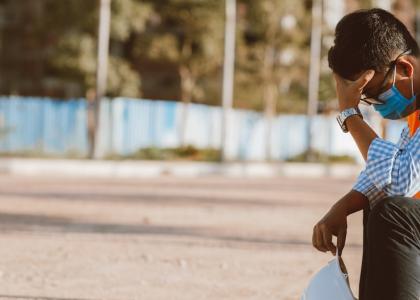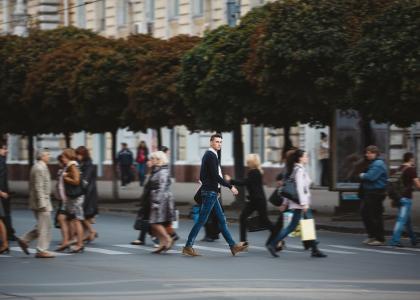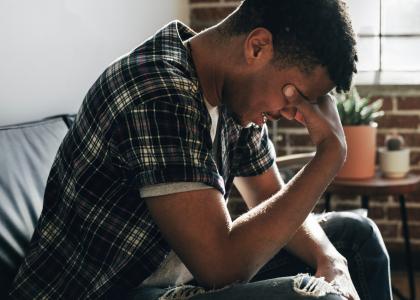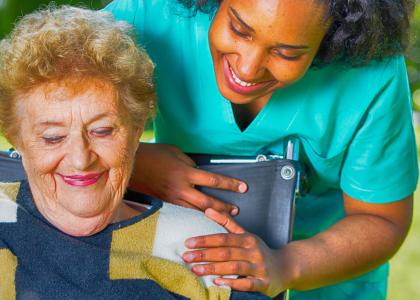Rural
Transcending COVID-19 Barriers to Pain Care in Rural America: Pragmatic Comparative Effectiveness Trial of Evidence-Based, On-Demand, Digital Behavioral Treatments For Chronic Pain

For people from the rural America with chronic diseases, the pandemic can not only worsen pain, but also it can trigger anxiety, depression, trouble sleeping, and substance use. One way doctors and health systems are reaching out is by video visits, where patients and their providers communicate online via the Internet.
Transdisciplinary Research, Equity and Engagement Center for Advancing Behavioral Health

This project will develop an innovative Transdisciplinary Research, Equity and Engagement Center for Advancing Behavioral Health (TREE Center) that will expand on the knowledge, research capacities and cross-sectoral collaborations established by the former NM CARES Health Disparities Center.
Southwest Health Equity Research Collaborative

The overarching goals of the project are to (1) document impacts of relaxed restrictions for telemedicine and mHealth; and (2) assess implementation of MAT “take-homes” for people in substance use disorder treatment in rural, underserved, and minority communities in Arizona in the wake of COVID-19.
Rural-Urban Disparities In Spillover Effects of COVID-19

This project is focused on understanding the magnitude of COVID’s spillover effects on cerebrovascular disease in rural areas, as well as the impact of key mitigation strategies.
Policies on Racial/Ethnic and Socioeconomic Disparities in Mental Health and Healthcare Utilization

The goal of this study is to leverage, expand upon, and link existing national data sets to test the hypothesis that county-level public health and social policies have affected disparities in mental health and healthcare utilization.
A New Database to Measure the Association Between Income, Race, and Mortality: Inequality in Longevity During and Beyond the COVID-19 Pandemic Disparities

This project will build a public database of mortality rates incorporating socioeconomic and demographic variables across the U.S. population. Researchers will be able to analyze the sources of disparate impacts of COVID-19 on mortality across subgroups, with the aim of understanding how to reduce health inequality.
Addressing Emotional Wellness Among COVID-19 Informal First-Responders: REJOICE-P

Given the specific need of pastors serving as informal first responders, this supplement seeks to refine the existing REJOICE intervention to provide pastors with skills to improve personal emotional wellness related to serving on the first-lines of the COVID-19 pandemic and build the capacity of pastors to adequately respond to the emotional needs of rural African Americans.
Improving the Collaborative Health of Minority COVID-19 Survivor & Carepartner Dyads Through Interventions Targeting Social and Structural Health Inequities

This study tests the efficacy of a telehealth-enhanced, RN-Community Health Worker delivered dyad intervention, ICINGS FAM, on quality of life, and health-related outcomes in vulnerable African American adults with pre-existing chronic illness and their informal care partners.
Impact of COVID-19 on Care Transitions and Health Outcomes for Vulnerable Populations in Nursing Homes and Home Healthcare Agencies (ACROSS-CARE)

The pandemic has disrupted care transitions from hospitals to home healthcare agencies and nursing homes, which may lead to important health outcomes consequences, including the widening of existing health disparities.
Rural Southern Contexts and Pathways to Black Men's Alcohol Use and Abuse: A Ten-Year Prospective Analysis

Among rural Black men, we hypothesize that alcohol use may accelerate the spread of SARS CoV-2 settings and interactions in which they may be likely to become infected or to infect others.